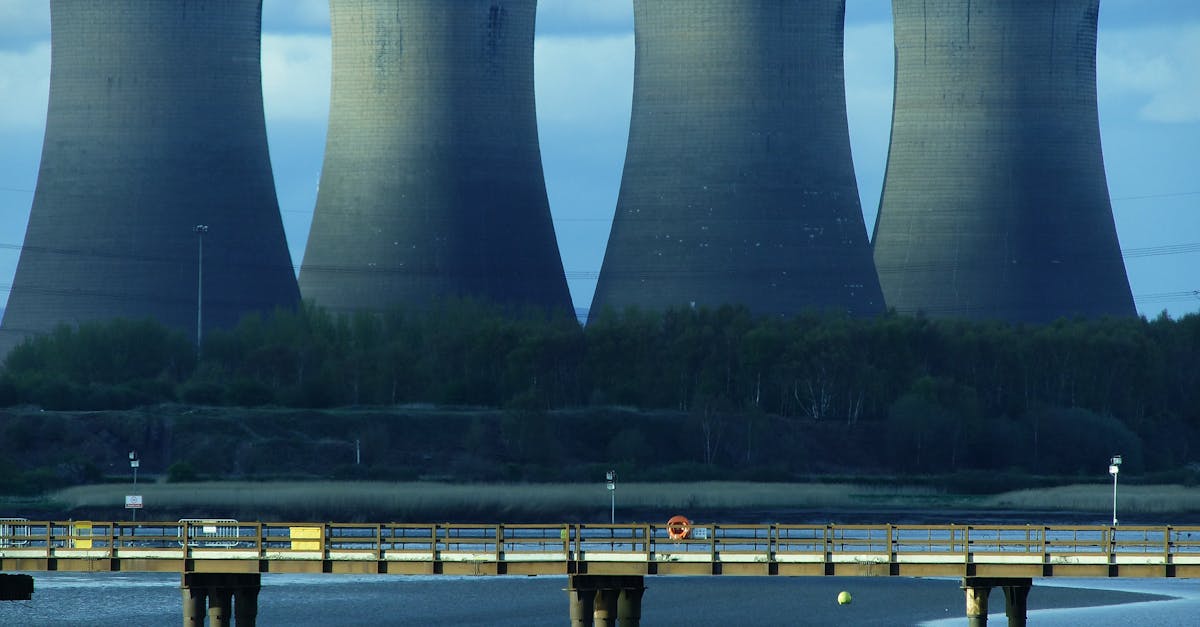Are you curious about why hydroponics might not be as beneficial as it seems? In this text, we’ll study into the reasons why hydroponics could be considered unfavorable.
From environmental impacts to potential health concerns, we’ll investigate the drawbacks of this popular growing method.
Let’s scrutinize the hidden truths behind why hydroponics is bad.
Key Takeaways
- Environmental Impact: Hydroponics can have positive impacts on water conservation but may contribute to nutrient runoff and increased energy consumption.
- Health Concerns: Hydroponic produce can be susceptible to bacterial growth, nutrient imbalances, pesticide residues, and potential nutrient deficiencies compared to soil-grown crops.
- Nutrient Management Challenges: Maintaining proper nutrient balance in hydroponic systems is crucial for plant growth and produce quality; constant monitoring and adjustment are necessary.
- Pesticide Use: Pesticides in hydroponic systems can impact plant health and food safety; consider organic or natural alternatives to manage pests effectively and sustainably.

Environmental Impact of Hydroponics
When it comes to the environmental impact of hydroponics, there are important considerations to keep in mind:
- Water Usage: Hydroponic systems can consume up to 90% less water compared to traditional soil farming methods. This reduction in water usage is critical for water conservation efforts.
- Nutrient Runoff: Chemical nutrient solutions used in hydroponics can lead to nutrient runoff, potentially impacting natural water sources. Proper disposal and management of these nutrients are important.
- Energy Consumption: Indoor hydroponic systems require high energy consumption for maintaining optimal growing conditions. This increased energy usage contributes to a larger carbon footprint.
For more information on water conservation efforts related to hydroponics, check out this WaterSense article.
To learn about sustainable practices in hydroponics, visit Sustainable Agriculture Research & Education.
Health Concerns Associated with Hydroponic Produce
When it comes to hydroponic produce, there are some health concerns we should be aware of:
- Risk of bacterial growth: Due to the water-based environment, there is a higher risk of bacterial contamination in hydroponic systems.
- Nutrient imbalance: Improper nutrient levels can lead to nutrient deficiencies or toxicity in plants, affecting their quality.
- Potential for pesticide residues: If not managed properly, pesticide residues can be present in hydroponic produce.
- Less diversity in nutrients: Some argue that hydroponic produce may have lower nutrient diversity compared to soil-grown crops.
Visit Healthline for more information on food safety. You can also find valuable insights on agricultural practices.

Challenges in Nutrient Management
When it comes to hydroponics, one of the key challenges we face is ensuring proper nutrient management. It can be tricky to maintain the right balance of nutrients in the water for the plants. If we don’t get it right, our plants might not grow as they should. This can lead to stunted growth and poor quality produce.
We need to constantly monitor and adjust the nutrient levels to make sure our plants are getting what they need. If we’re not careful, we could end up with too much of some nutrients and too little of others.
Making sure our plants get the right nutrients is critical for their health and the quality of the food they produce.
For more information on nutrient management in hydroponics, check out this insightful article on Hydroponic Nutrient Solutions.
Pesticide Use in Hydroponic Systems
When it comes to pesticide use in hydroponic systems, our stance is clear – we have concerns. While pests can wreak havoc on traditional farming, they can also find their way into hydroponic setups. To tackle this issue, some hydroponic growers resort to pesticides.
These chemicals may help control pests, but they can pose risks to plant health and food safety. Residues from pesticides can affect the quality of your produce. Plus, in a closed system like hydroponics, these residues can linger and impact the entire crop.
Opt for organic solutions or natural alternatives to keep pests at bay. We advocate for a balanced approach that prioritizes environmental sustainability and health-conscious practices.
Curious to learn more about pesticide use in hydroponics? Check out this full guide from University of California Agriculture and Natural Resources.

